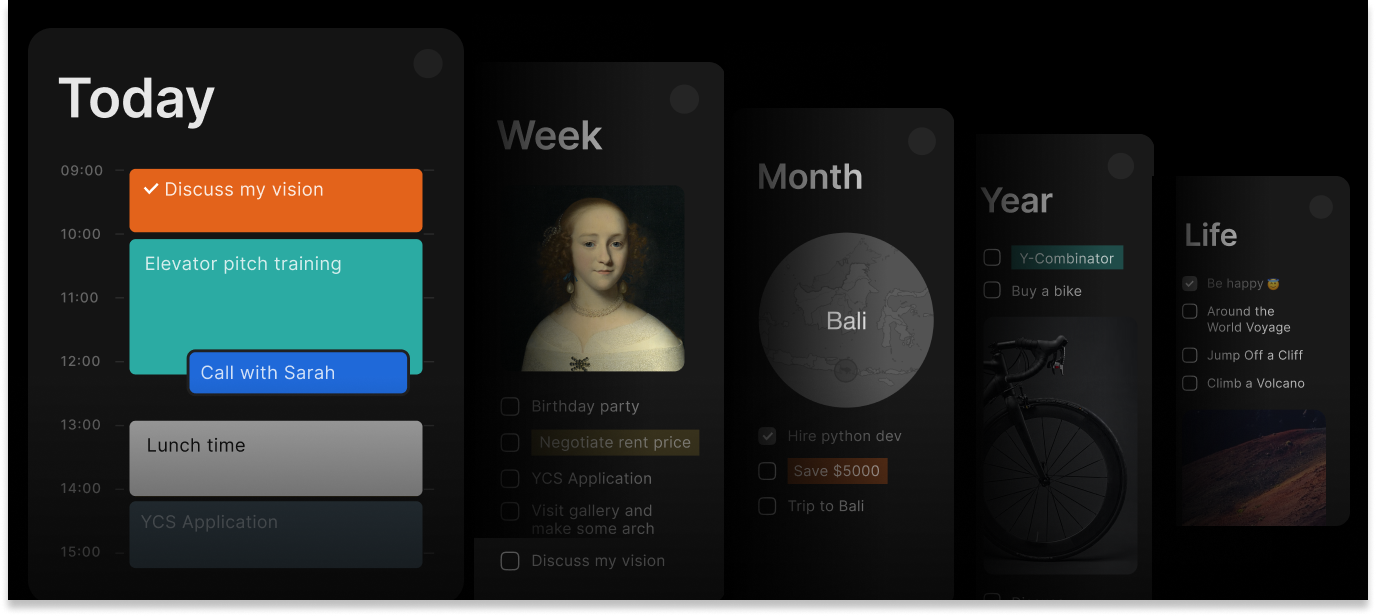The Power of Deadlines: Motivation or Stress?

Picture this: your project is due tomorrow, and the clock’s ticking louder by the second. Suddenly, your brain snaps into focus. Ideas click, your fingers race across the keyboard, and somehow, you pull it off. Deadlines have a peculiar power—they can transform procrastination into productivity or tip you into a stress spiral. So, what makes them so potent, and how can we use them without crashing? Let’s unpack the science and strategies behind deadlines.
But before we begin, let’s try to let go of the fear of deadlines right now. Reading this article will take you no more than 5 minutes, so set a timer and try to focus solely on reading.
Why Deadlines Spark Action

Deadlines are like a mental alarm clock. Research shows they create urgency, sharpen focus, and help curb the urge to put things off. A well-timed deadline acts like a guide, steering your efforts toward completion. Without one, that presentation might languish on your to-do list forever. But with a due date, you prioritize, plan, and get moving.
Real-world examples back this up. During election seasons, voter registration often spikes as cutoff dates near, showing how deadlines can drive action even in high-pressure situations. This isn’t just about paperwork, deadlines tap into our sense of urgency, making tasks feel more critical and pushing us to act.
Creatives also thrive under deadlines. Artists and writers often say their best work emerges when time is tight. A deadline forces you to make choices, commit to ideas, and avoid overthinking. It’s like a forge where raw concepts are shaped into finished products. Whether you’re sketching a design or drafting a report, a deadline can be the nudge you need to cross the finish line.
The Stress Trap

But deadlines aren’t all magic. When mismanaged, think unrealistic timelines or a pile-up of tasks, they can breed anxiety and burnout. A 2023 study found that overly tight deadlines raise cortisol levels, clouding decision-making and stifling creativity. Posts on X reflect this frustration: one user vented, “Deadlines are draining me. I’m getting stuff done, but I’m exhausted.”
Rushing to meet a deadline can also sacrifice quality. You might submit on time but miss errors or skip deeper insights. And when deadlines stack up, the constant pressure can wear you down, leaving you frazzled instead of fulfilled.
Making Deadlines Your Ally
So, how do you tap into deadlines’ power without letting them overwhelm you? It’s about working smarter. Here are some practical ways to make deadlines work for you:
- Set Sensible Goals: Craft deadlines that push you without breaking you. Use clear, achievable timelines: like “Draft the first section by Thursday” instead of “Finish the whole project this week.” Vague or unrealistic deadlines have a nasty habit of creating what’s called “snake tasks"—projects that slither through your schedule indefinitely, never reaching completion because the finish line keeps moving. Specific, realistic deadlines prevent this trap.
- Break Tasks Down: Big projects feel less intimidating when split into smaller steps. Set mini-deadlines for each phase to keep momentum going and avoid last-minute chaos.
- Plan for Surprises: Life’s unpredictable. Add extra time for unexpected hiccups—sick days, tech issues, or just a creative slump. Experts suggest building in a 20% time buffer to stay on track.
- Reward Progress: Celebrate small wins along the way, like a quick walk or a treat after hitting a milestone. These boosts keep motivation high.
- Push Back When Needed: If a deadline feels impossible, speak up. A honest chat with a boss or client can lead to a more realistic timeline, preserving quality and your well-being.
Deadlines are a balancing act. They can ignite your drive, clarify your focus, and bring ideas to life. But without care, they can push you toward stress and burnout. The trick is to treat them as tools, not taskmasters. By setting realistic goals, breaking work into manageable pieces, and giving yourself breathing room, you can harness their energy while staying sane.
Next time a deadline looms, don’t dread it. See it as a chance to channel your focus and make things happen. As one X user put it, “Deadlines aren’t the enemy, they’re just reminders to use time wisely.” So, set a deadline, and go create something great.
Read next

Don't wait until it's too late
Start building a healthy work environment with Timestripe today!
Get Started

